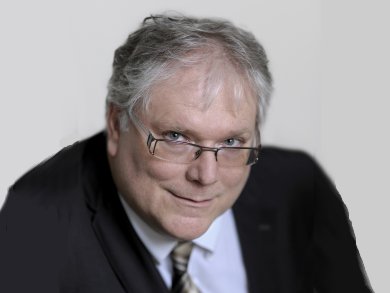France has produced many new schools of thought in chemistry, in particular supramolecular chemistry, founded by Jean-Marie Lehn, University of Strasbourg, France, but also soft chemistry, ultramicrolectrodes, and MOFs with large pores. In his Editorial in Angewandte Chemie, Professor Alain Fuchs, President and CEO of the Centre Nationale de la Recherche Scientifique (CNRS), France, outlines some of the features of the French research system that make it successful.
The Centre Nationale de la Recherche Scientifique employs full-time research staff who work in joint CNRS−university research laboratories. The large number of permanent positions allows long-term research efforts, which have resulted in the establishment of very successful laboratories such as the Institut Jean Lamour (metallurgy and materials center) in Nancy. It also allows multidisciplinary teams to be built up, and can facilitate projects between universities and industry, and between French and foreign universities, including the laboratory headed by Guy Bertrand at the University of California, San Diego, USA. The CNRS is committed to building up world-class research universities in France so that it is in a position to compete with the best institutions worldwide.
- Chemistry in France: A Hotbed for New Schools of Thought,
Alain Fuchs,
Angew. Chem. Int. Ed. 2012, 51(50).
DOI: 10.1002/anie.201208488 - Centre national de la recherche scientifique (CNRS; National Centre for Scientific Research), Paris Cedex, France




